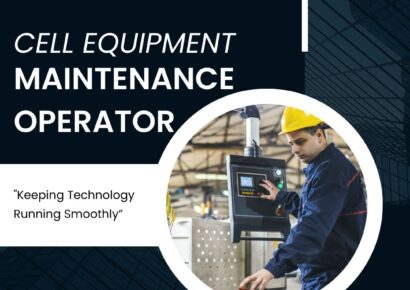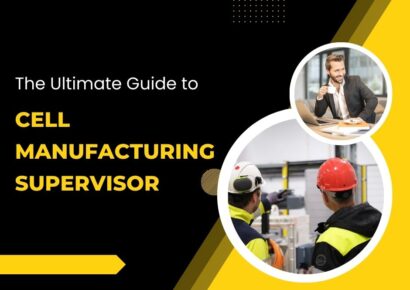Currently Empty: ₹0.00
About Course
IPQC (In-Process Quality Control) involves real-time inspections and checks during the manufacturing process to identify and rectify defects or deviations from quality standards. It helps ensure product consistency and reduces the likelihood of producing faulty items.
OQC (Outgoing Quality Control) takes place at the end of the manufacturing process, just before products are shipped to customers. It involves comprehensive inspections and tests to verify that finished products meet predetermined quality criteria, ensuring that only high-quality items are delivered to customers.
Both IPQC and OQC are essential quality control measures that collectively contribute to the overall quality and reliability of manufactured products.
Course Content
Quality Inspection
-
Quality Awareness Enhancement
35:51 -
Basic Knowledge of Quality System
23:59 -
Introduction & Training of Photovoltaic Module Raw Materials
49:24 -
7 Big Techniques of QC
01:16:23 -
Solar Cell Classification Criteria for Yield
00:00 -
EVA & POE
00:00 -
Back Plate
00:00 -
Tempered Glass
00:00 -
Copper Strip
00:00 -
Silicone Sealant
00:00 -
JB Potting
00:00 -
Aluminum Frame
00:00 -
Junction Box
00:00 -
Power Nameplate & Barcode
00:00 -
RFID Inspection Strandard
00:00 -
Flux and Cell Fixing Tape
00:00 -
JB Solder Wire Inspection Standard
00:00 -
Packing Material Inspection Standard
00:00 -
Reliability Tests
26:21
Quality System
PV Module raw materials
Techniques of QC
Solar Module classification criteria for Yield
EL test and inspection standard
Rejects Appearance of solar module
Final Review
6s Occupational Health, Safety, and Environment
Tags








